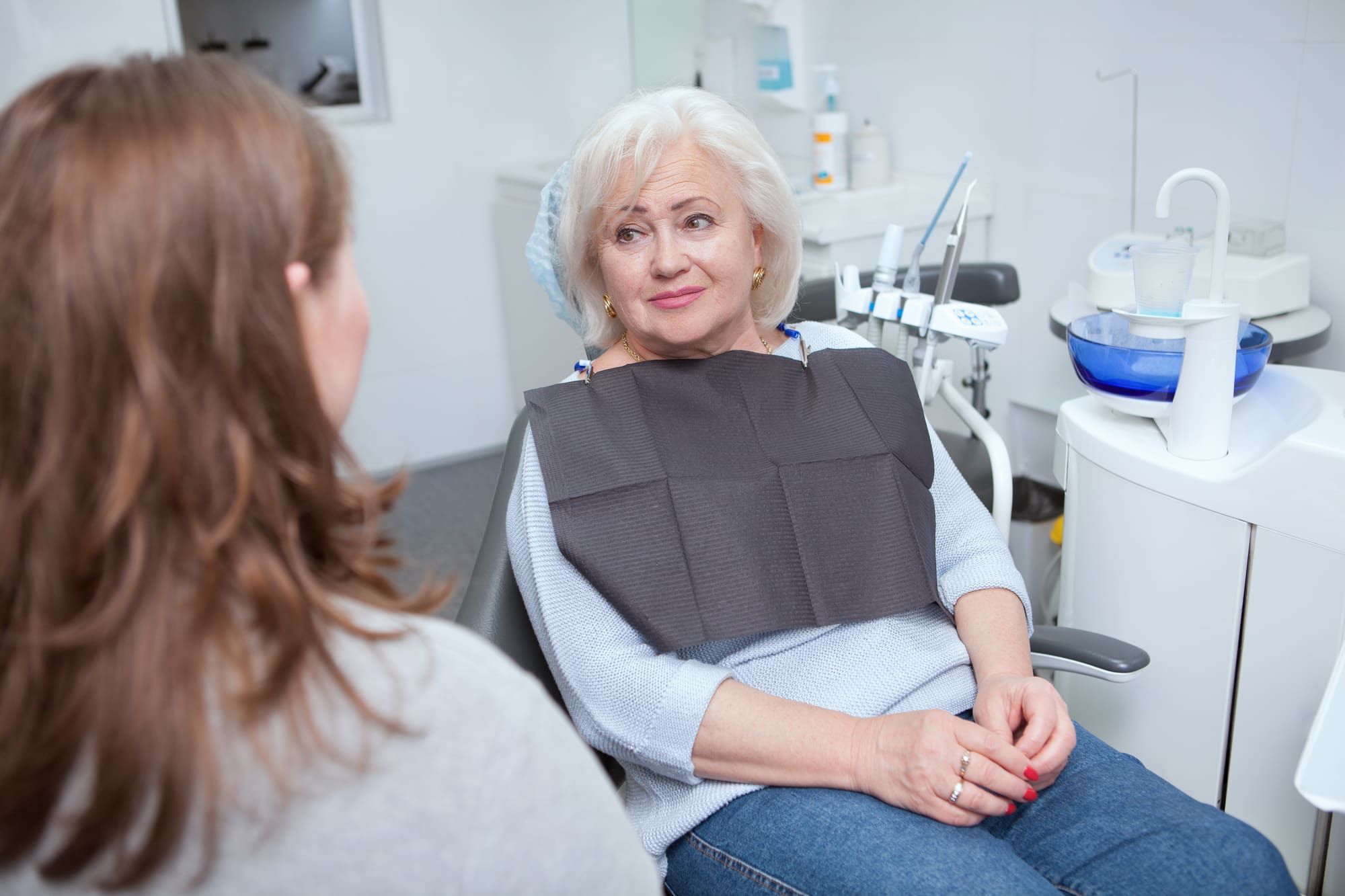Are dental implants safe in Virginia Beach, VA? Dental implants are widely considered a safe and effective solution for replacing missing teeth, with a high success rate when performed by qualified professionals. In Virginia Beach, patients can expect to receive care that adheres to the national standards set for dental implant procedures.
Are Dental Implants Safe?
Dental implant procedures in Virginia Beach, VA, involve replacing missing teeth with artificial structures that are anchored to the jawbone. This process begins with a consultation to assess the suitability of the patient for the procedure, followed by the surgical insertion of a titanium post into the jawbone. Over time, the jawbone heals around this post, creating a strong foundation for the artificial tooth.
The success of dental implants largely depends on the expertise of the dental professional and the overall health of the patient’s jawbone. For those considering this procedure, it’s important to consult with a qualified dental specialist. To learn more about eligibility for this procedure, visit Who Needs Dental Implants in Virginia Beach, VA?.
Common Risks of Dental Implants
While dental implants generally have a high success rate, there are some common risks associated with the procedure that patients should be aware of. Infection at the implant site is one potential risk, which can occur if bacteria build up during or after the surgery. Additionally, there is a possibility of damage to surrounding teeth or blood vessels. Nerve damage is another risk, which can result in pain, numbness, or tingling in the teeth, gums, lips, or chin.
Another concern is sinus problems, which can happen when implants placed in the upper jaw protrude into one of your sinus cavities. There is also the risk of implant failure, where the implant does not properly bond with the jawbone, leading to loosening or loss of the implant. While these risks are relatively rare, they are important considerations for anyone wondering, “Are dental implants safe?”
For more detailed information on dental implants in your area, Explore Dental Implants in Virginia Beach.
Success Rates for Dental Implants
When considering the question, “Are dental implants safe?” it’s important to look at their success rates. Generally, dental implants have a high success rate, often cited around 95% or higher, depending on various factors such as the skill of the practitioner and the patient’s oral health and bone density. This statistic reflects the reliability of dental implants as a solution for replacing missing teeth in Virginia Beach, VA.
Importance of Professional Evaluation
When considering the question, “Are dental implants safe?” it is crucial to seek a professional evaluation. Engaging with a qualified healthcare provider ensures that all personal health factors are considered before proceeding with dental implants. This general approach helps in making informed decisions based on individual medical history and oral health conditions. For those in Virginia Beach seeking such evaluations, Goyal Dentistry offers consultations, further details can be found on their website at Virginia Beach Dentist.
Dental Implant Materials Used
In Virginia Beach, VA, dental implants are typically composed of materials such as titanium and zirconia. These materials are chosen for their durability and compatibility with human body tissues, ensuring they can integrate well with bone. Both titanium and zirconia are known for their strength and resistance to wear, making them suitable for the long-term replacement of missing teeth.
Recovery Process After Implantation
After undergoing dental implant surgery in Virginia Beach, VA, the recovery process is crucial for ensuring the success of the procedure. Typically, patients may experience swelling and minor discomfort, which can be managed with prescribed medications. It’s important to follow your dentist’s aftercare instructions, which include maintaining oral hygiene and avoiding certain foods. As you recover, it’s natural to wonder, “Are dental implants safe?” Rest assured, with proper care and adherence to your dentist’s guidelines, dental implants have a high success rate and are considered a safe option for replacing missing teeth.
Long-Term Outcomes of Implants
When considering the question, “Are dental implants safe?” it’s important to look at their long-term outcomes. In Virginia Beach, VA, dental implants have a high success rate and are known for their durability, often lasting for decades with proper care. They are a safe choice for tooth replacement, helping to preserve jawbone health and maintain facial structure. Most patients experience significant improvements in chewing ability, speech, and overall oral health, making dental implants a reliable long-term solution.
Impact on Oral Health
When considering the question, “Are dental implants safe?” it’s crucial to assess their impact on oral health. In Virginia Beach, VA, dental implants are widely recognized for their ability to preserve bone structure, prevent the deterioration of facial features, and provide a stable foundation for replacement teeth. This not only enhances oral functionality but also improves overall dental health by distributing bite forces adequately and preventing other teeth from shifting.
Regulatory Standards in Virginia Beach
In Virginia Beach, dental implants must adhere to stringent regulatory standards to ensure safety and efficacy. The Virginia Board of Dentistry oversees these regulations, which require all dental professionals to be licensed and follow best practices in implant dentistry. These standards help answer the question, “Are dental implants safe?” by ensuring that only qualified dentists perform the procedure using approved materials and methods. This commitment to regulation and oversight helps maintain high safety standards for dental implants in the area.
Conclusion
Are dental implants safe? For more information, call us at 757-427-0695 or read our reviews on Google Maps.

